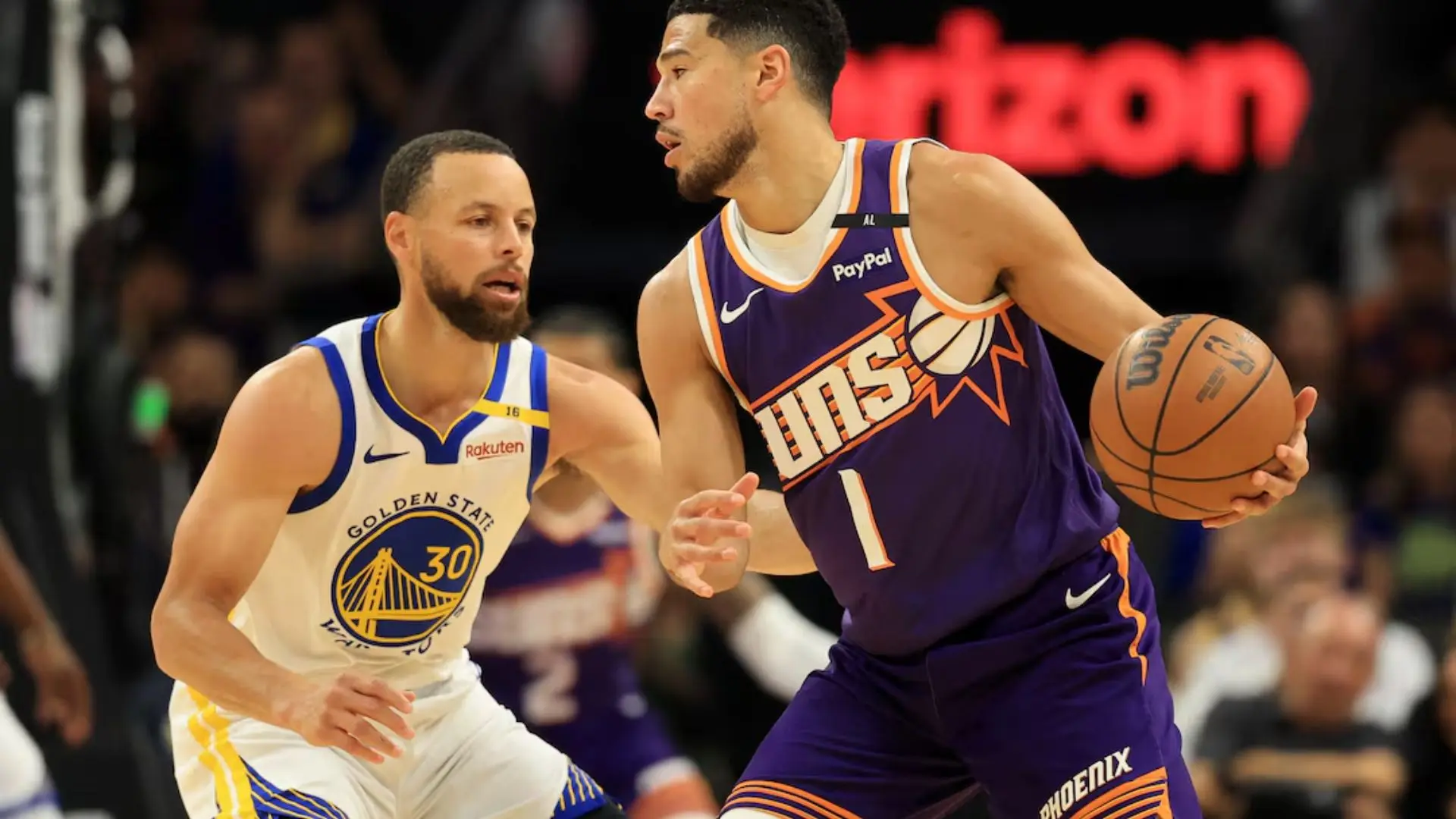India hosted the Voice of Global South Summit in August, bringing together representatives from over 123 nations in a virtual format. This event aimed to address the shared concerns and aspirations of developing countries, particularly those from the African continent.
Participation at the Highest Levels
According to India’s External Affairs Minister, the summit saw participation from 21 countries at the level of heads of state and government, while 34 foreign ministers were also in attendance. In addition, 118 other ministers joined the discussions, which featured 10 ministerial sessions.
The countries represented by their heads of state or government included Bangladesh, Belarus, Bhutan, Chile, El Salvador, Ethiopia, Fiji, Grenada, Guyana, Lao PDR, Marshall Islands, Mauritius, Mongolia, Nepal, Oman, Sri Lanka, Suriname, Tajikistan, Timor-Leste, Uruguay, and Vietnam.
Prime Minister Narendra Modi chaired the Leaders’ Session, steering the discussions on critical issues facing the Global South.
Focus Areas and Key Discussions During Voice Of Global South Summit
India has emerged as a significant voice for developing nations in recent years, advocating for their concerns on global platforms. As G20 president last year, India prioritized areas such as inclusive growth, digital innovation, climate resilience, and equitable global health access—initiatives aligned with the aspirations of the Global South.
During the summit, climate change was a central theme. “The challenge of climate change figured prominently at the summit, with many leaders voicing concerns about the debt burden and the implications of emerging technologies,” External Affairs Minister S. Jaishankar stated.
Calls for Reforms in Global Governance at Voice Of Global South Summit
The discussions highlighted a unanimous call for reforms in the global governance architecture. Participants expressed a shared sentiment that existing structures must better reflect the priorities and realities of developing nations.
The situation in Gaza also featured in the deliberations, underscoring the need for global peace and stability. “Some leaders spoke about sovereignty, strategic autonomy, and interference, expressing concerns in this regard,” Jaishankar noted.
Also Read: Bharat Progrerss Report 2024: President Murmu Became The 1st Indian Head Of State To Visit Fiji























